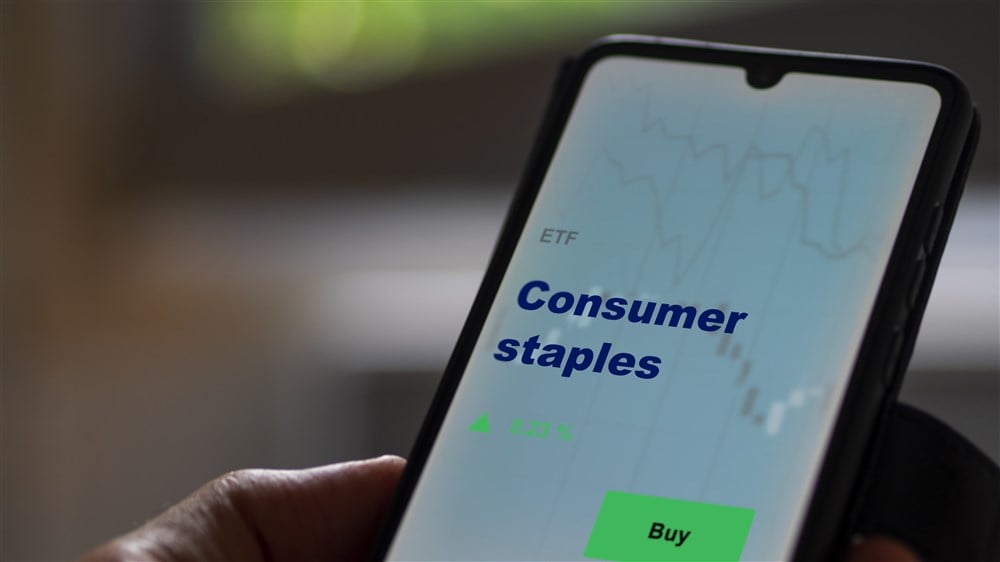
The markets just went through a relatively peaceful period. For the purpose of this article, I'll define that as a period where the VIX (volatility index) remained below 15 for more than a week. The last time markets enjoyed such a period was right before the shakeups brought on by the COVID-19 pandemic.
It's natural for the VIX to swing in either direction as the cycle of pessimism and optimism balance each other out. But what does that mean for you as an investor? Investors usually go after high beta stocks during times of low VIX levels, as they provide enough wiggle room to make some gains.
Now, when the opposite side of the cycle inevitably shows its face, the low beta stocks typically get all the love, as they are sure to cushion the roller coaster rides that the broader market will be experiencing. These are typically businesses with stable and proven business models made to survive the cycles. Here are three such stocks to consider.
T-Mobile US
In the case that there is a 'hard landing' as is now the term being thrown around by the FED and economists, some products and services will be somewhat immune to a slowdown. You can count on T-Mobile US (NASDAQ: TMUS) being one of them.
Consider this scenario: a recession hits, there is bad news all around, and personal wealth is deteriorating. Who out there will place their phone bill on top of the list of things to give up to 'lean down' their expenses?
A functioning phone is always necessary for family, work, or job prospecting. T-Mobile US analyst ratings know this and have anticipated the VIX spike for some time now, so they are giving the stock a consensus price target of $181.70 a share.
Relative to today's market price, realizing this analyst prediction would require TMUS stock to rise by as much as 30.3%. That's an attractive proposition on top of an already generous stock repurchase of 29 million shares during the past year.
Perhaps investors can find something in the company's latest quarterly earnings report to determine why SoftBank Group (OTCMKTS: SFTBF) upped its leading stake of 3.6% by as much as 9.0% during the past quarter.
Apart from raising full-year 2023 guidance higher, management announced that T-Mobile grew its net customers by 4.2% (which they called industry-leading) and reduced churn from 0.89% down to 0.77%. Customer attraction and increased loyalty are two factors reflected in earnings per share (EPS).
EPS jumped by 17.7% during the year on the back of these - and many other - improvements. This happened during a cycle where the ISM Manufacturing PMI read contractions for ten consecutive months, indicating a severe winter for businesses and consumers. Now imagine what these figures could look like during a recovery cycle.
Colgate-Palmolive
Picture the day you wake up and see the VIX over 20 (which will inevitably come). You decide that brushing your teeth and other personal hygiene routines are not worth it. Can you do it? Exactly. Colgate-Palmolive (NYSE: CL) is the low beta stock to own during the coming VIX-driven dislocations.
Analysts, who also hopefully brush their teeth every morning, must have thought of this dynamic moat. That's why they have slapped a consensus price target of $85.23 a share on this industry giant.
The stock would need to increase by as much as 20% from today's prices to reach this consensus price target. It's not common for investors to find a large-cap, low-beta stock offering double-digit returns just like that.
What's more, even if the low-volatility nature of this stock makes it take longer to reach these price targets, investors will still enjoy a 2.7% annual dividend yield.
Despite the company's massive size of $58.7 billion in market capitalization, it still pushed a 7.5% sales increase over the year. Companies this size typically are content with scraping together low single-digit revenue growth; hats off to Colgate.
Remember that this growth happened during the consecutive contractions in the PMI readings, a testament to the robustness of this 8-to-80 business. This means one in which people from the age of eight to eighty are expected to consume these products.
Hershey
As Warren Buffett once said about Hershey (NYSE: HSY), if a boy can buy a Hershey's kiss, and that will guarantee a kiss from his sweetheart on a date, that is a moat you cannot put a price on.
Regarding a possible hard landing, chocolate sweets are one of those products that will hardly be affected by an ensuing business cycle slowdown. In fact, some could argue that the elevated stress levels in everyday life could induce some to increase their consumption of the product.
Staying away from the hypotheticals for now, here is one tangible bullish factor you can take to the bank. Analysts have placed a consensus price target of $262.10 a share on this candy behemoth, implying a neat 30.0% upside from today's prices.
Once again, not every investor gets to have a stab at double-digit returns coming from a $42 billion company, much less get a decent 2.4% dividend yield while they wait for an uptick.
During the second quarter of 2023, the company reported a massive 11.7% jump over the year in earnings per share, which is a fantastic achievement for a company this stable and deemed 'boring' by some.
This would be another one of those eight-to-eighty products with a business that generates consistently high margins and returns on capital. There is nothing wrong as far as the eye can see on this one.







